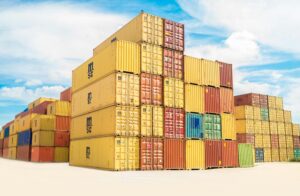
Northern Aral Sea recovering, says Kazakhstan
The northern part of the Aral Sea, once a thriving body of water and now a stark reminder of environmental devastation, is showing signs of recovery. Kazakhstan announced on Monday that the water volume in the northern basin has increased by nearly 50% since 2008, a rare success story in a region plagued by environmental challenges.
The Aral Sea, once the fourth-largest lake globally, has suffered a dramatic decline in size and water levels due to excessive water diversion for irrigation purposes, primarily for cotton cultivation. This ecological disaster has had far-reaching consequences, including the loss of biodiversity, increased salinity and pollution, and significant economic and social impacts on the surrounding communities.
However, the recent announcement signifies a positive development. The Kazakhstan government attributes this increase to the successful implementation of the Northern Aral Sea Conservation Project, a joint initiative funded by the Kazakh government and the World Bank. The project involved the construction of a dam to regulate water flow and prevent further water loss from the northern basin.
While this progress is encouraging, it is important to note that the southern part of the Aral Sea continues to face severe challenges. The southern basin, located in Uzbekistan, has experienced a more drastic decline and remains largely dried up. Efforts to restore the southern basin have been hampered by various factors, including political instability, economic constraints, and the ongoing reliance on water-intensive agricultural practices.
The recovery of the northern Aral Sea offers a glimmer of hope and demonstrates the potential for successful environmental restoration efforts. However, it is crucial to maintain these efforts and address the challenges faced by the southern basin to ensure the long-term sustainability of the Aral Sea ecosystem. Additionally, promoting sustainable water management practices and diversifying agricultural activities in the region are essential for mitigating the environmental and socio-economic impacts of the Aral Sea crisis.

